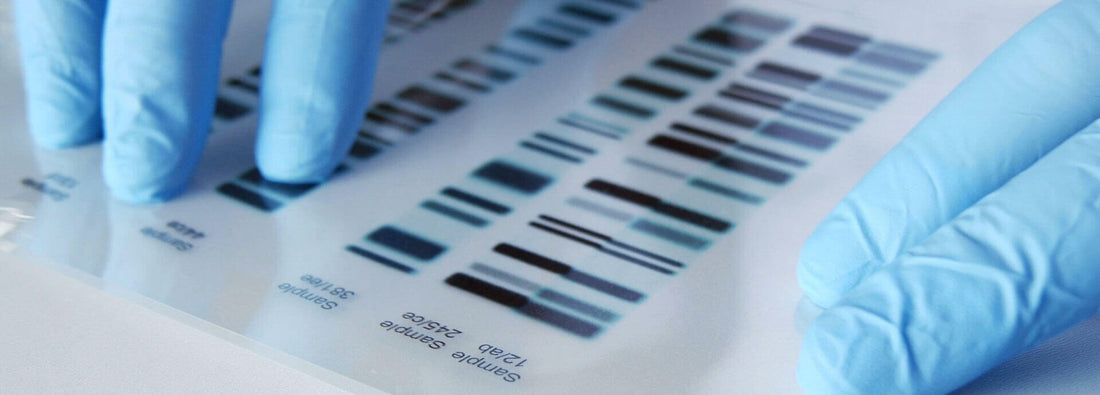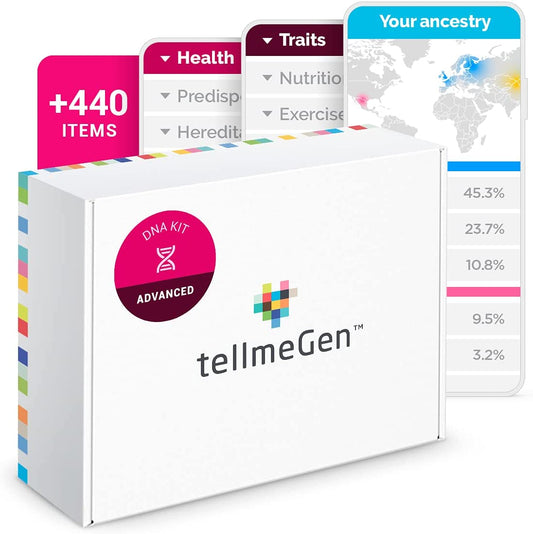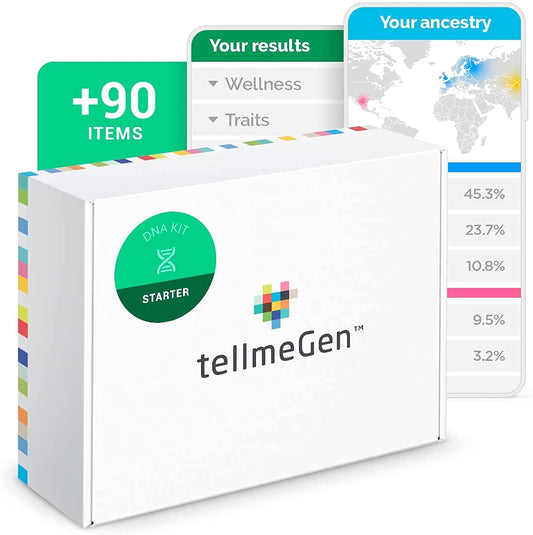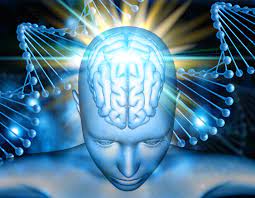DNA testing has revolutionized the way we understand our bodies, health, and heritage. It has opened up new avenues in personalized medicine, ancestry tracing, and even criminal investigations. But how does a DNA test work? How can a simple saliva sample reveal so much about us? This blog post aims to answer these questions and more, using insights from tellmeGen, a leading provider of DNA testing services.
Understanding DNA Testing
DNA testing is a scientific technique that examines the genetic material present in our cells. This genetic material, known as DNA, is unique to each individual and carries information about our physical traits, health predispositions, and ancestry. DNA testing involves extracting DNA from a sample, analyzing it, and interpreting the results.
The tellmeGen DNA Test: A Five-Step Process
-
Ordering the Test Kit: The first step in the DNA testing process is ordering a test kit. This kit, which is delivered to your home or office, contains everything you need to collect a saliva sample.
-
Registering the Kit Online: Upon receiving the kit, you must register it online. This involves creating an account and entering the registration code found on the tube. This step is crucial as samples received without being registered will not be analyzed.
-
Collecting the Saliva Sample: The next step is to provide a saliva sample. It's important to follow the instructions carefully to ensure the sample is collected correctly. For instance, you should not smoke, drink, or chew gum 30 minutes before depositing the sample. Despite its small size, this saliva sample contains all your genetic information.
-
Shipping the Sample to the Lab: Once the saliva sample is collected and secured in the tube, it's time to return the kit to the lab. The kit includes a label for shipping, and the cost of shipping is covered by tellmeGen.
-
Receiving the Results: The final step is the most exciting - receiving your results. The average turnaround time for results is 4 to 6 weeks. Once the results are ready, you can access them through your user account on the tellmeGen website. The report is also available in PDF format for download.
FAQs
Q1: How accurate are DNA tests? A: DNA tests are highly accurate as they analyze genetic sequences that are unique to each individual. However, the interpretation of the results, especially for health predispositions and ancestry, can vary based on the algorithms used by different testing companies.
Q2: Can I choose not to see certain information in my DNA report? A: Yes, with tellmeGen, you have the option to choose if there is any information you prefer not to see reflected in the report.
Q3: How is my privacy protected when I take a DNA test? A: Reputable DNA testing companies, like tellmeGen, have strict privacy policies in place to protect your data. They do not share your genetic data without your explicit consent.
Q4: Can I use a DNA test to find out about my ancestry? A: Yes, DNA tests can provide insights into your ancestry by comparing your DNA with reference populations from around the world.
Q5: Can a DNA test predict my future health? A: While a DNA test can't predict your future health with certainty, it can identify genetic variants associated with an increased risk of certain diseases. This information can be useful for making lifestyle changes or informing discussions with your healthcare provider.
Conclusion
DNA testing is a powerful tool that can provide valuable insights into our health, ancestry, and more. By understanding how these tests work, we can make informed decisions about whether to takea DNA test and how to interpret the results. Remember, while DNA testing can provide fascinating insights, it's important to approach the results with a balanced perspective. Genetic predispositions do not guarantee that you will develop a particular condition, and ancestry results are estimates based on current scientific understanding. Always consult with a healthcare provider or a genetic counselor for personalized advice.















